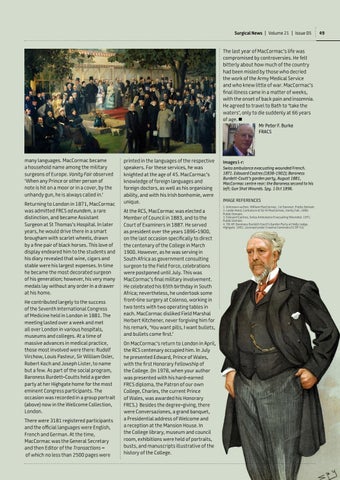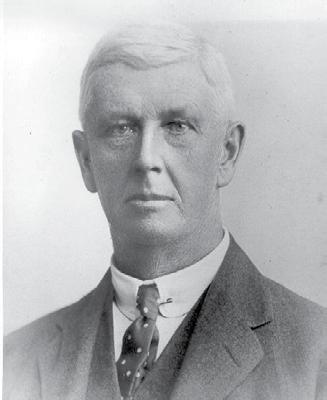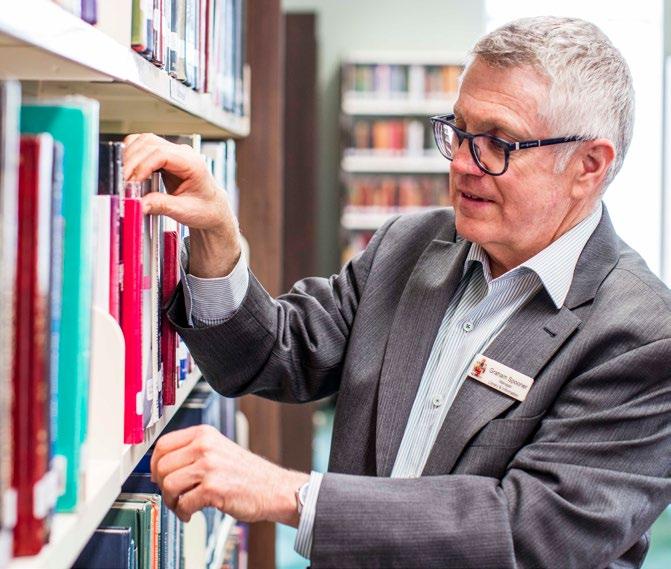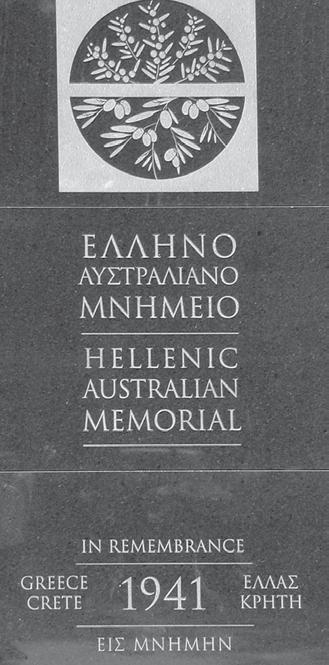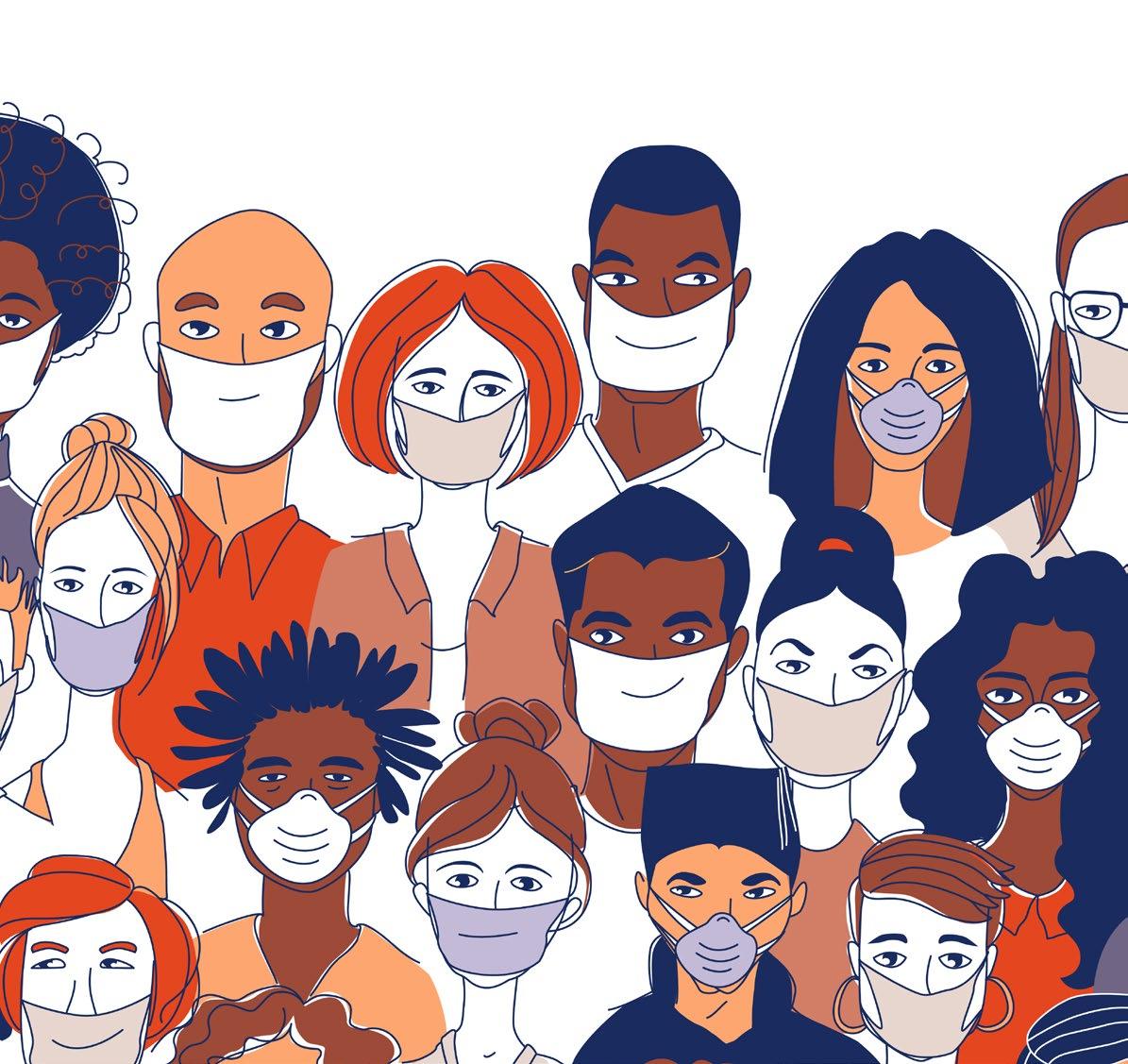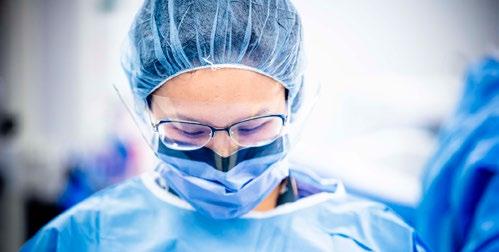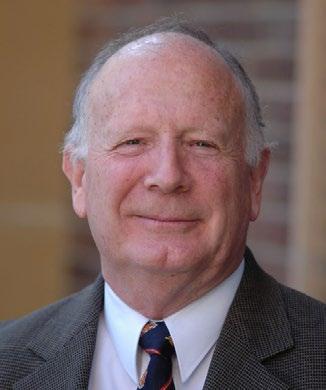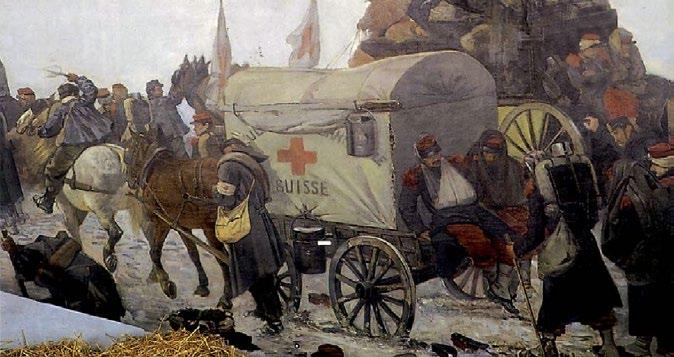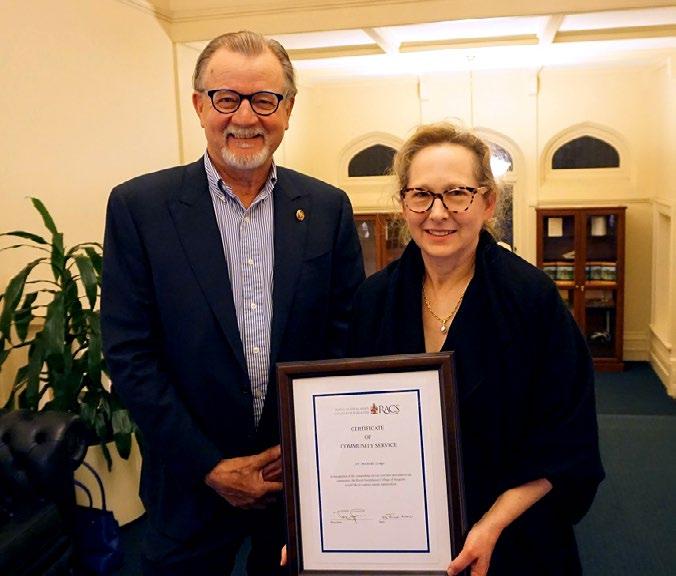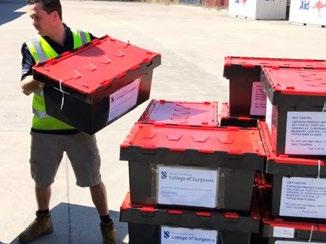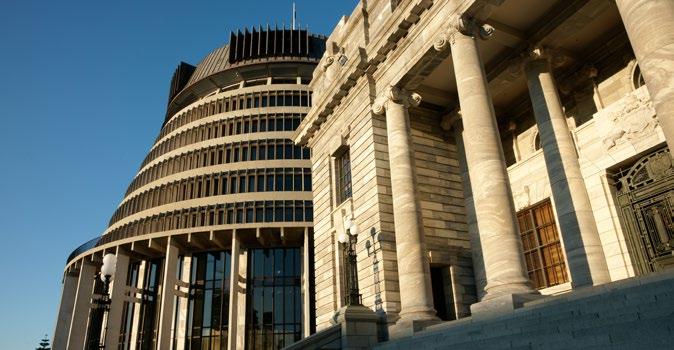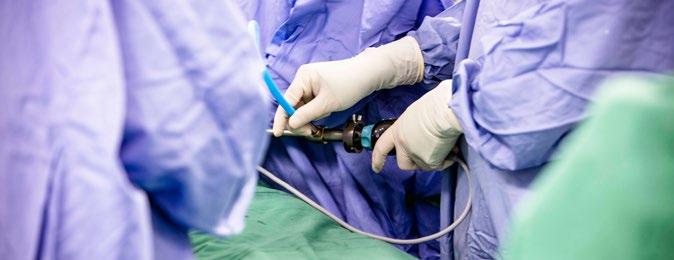Surgical News | Volume 21 | Issue 05
The last year of MacCormac’s life was compromised by controversies. He felt bitterly about how much of the country had been misled by those who decried the work of the Army Medical Service and who knew little of war. MacCormac’s final illness came in a matter of weeks, with the onset of back pain and insomnia. He agreed to travel to Bath to ‘take the waters’, only to die suddenly at 66 years of age. Mr Peter F. Burke FRACS
many languages. MacCormac became a household name among the military surgeons of Europe. Vanity Fair observed ‘When any Prince or other person of note is hit on a moor or in a cover, by the unhandy gun, he is always called in.’ Returning to London in 1871, MacCormac was admitted FRCS ad eundem, a rare distinction, and became Assistant Surgeon at St Thomas’s Hospital. In later years, he would drive there in a smart brougham with scarlet wheels, drawn by a fine pair of black horses. This love of display endeared him to the students and his diary revealed that wine, cigars and stable were his largest expenses. In time he became the most decorated surgeon of his generation; however, his very many medals lay without any order in a drawer at his home. He contributed largely to the success of the Seventh International Congress of Medicine held in London in 1881. The meeting lasted over a week and met all over London in various hospitals, museums and colleges. At a time of massive advances in medical practice, those most involved were there: Rudolf Virchow, Louis Pasteur, Sir William Osler, Robert Koch and Joseph Lister, to name but a few. As part of the social program, Baroness Burdett-Coutts held a garden party at her Highgate home for the most eminent Congress participants. The occasion was recorded in a group portrait (above) now in the Wellcome Collection, London. There were 3181 registered participants and the official languages were English, French and German. At the time, MacCormac was the General Secretary and then Editor of the Transactions – of which no less than 2500 pages were
printed in the languages of the respective speakers. For these services, he was knighted at the age of 45. MacCormac’s knowledge of foreign languages and foreign doctors, as well as his organising ability, and with his Irish bonhomie, were unique. At the RCS, MacCormac was elected a Member of Council in 1883, and to the Court of Examiners in 1887. He served as president over the years 1896-1900, on the last occasion specifically to direct the centenary of the College in March 1900. However, as he was serving in South Africa as government consulting surgeon to the Field Force, celebrations were postponed until July. This was MacCormac’s final military involvement. He celebrated his 65th birthday in South Africa; nevertheless, he undertook some front-line surgery at Colenso, working in two tents with two operating tables in each. MacCormac disliked Field Marshal Herbert Kitchener, never forgiving him for his remark, ‘You want pills, I want bullets, and bullets come first.’ On MacCormac’s return to London in April, the RCS centenary occupied him. In July he presented Edward, Prince of Wales, with the first Honorary Fellowship of the College. (In 1978, when your author was presented with his hard-earned FRCS diploma, the Patron of our own College, Charles, the current Prince of Wales, was awarded his Honorary FRCS.) Besides the degree-giving, there were Conversaziones, a grand banquet, a Presidential address of Welcome and a reception at the Mansion House. In the College library, museum and council room, exhibitions were held of portraits, busts, and manuscripts illustrative of the history of the College.
Images l-r:
Swiss ambulance evacuating wounded French. 1871. Edouard Castres (1838-1902); Baroness Burdett-Coutt’s garden party, August 1881, MacCormac centre rear; the Baroness second to his left; Gun Shot Wounds. Spy. 1 Oct 1896.
IMAGE REFERENCES 1. Unknown author, William MacCormac, 1st Baronet. Public Domain. 2. Leslie Ward, Caricature of Sir W MacCormac, Vanity Fair, 1896. Public Domain. 3. Edouard Castres, Swiss Ambulance Evacuating Wounded. 1871. Public Domain. 4. Tilt AP, Baroness Burdett-Coutt’s Garden Party at Holly Lodge, Highgate. 1882. Licensed under Creative Commons CC BY 4.0.
49
